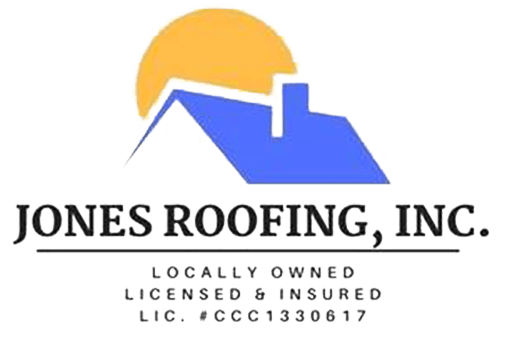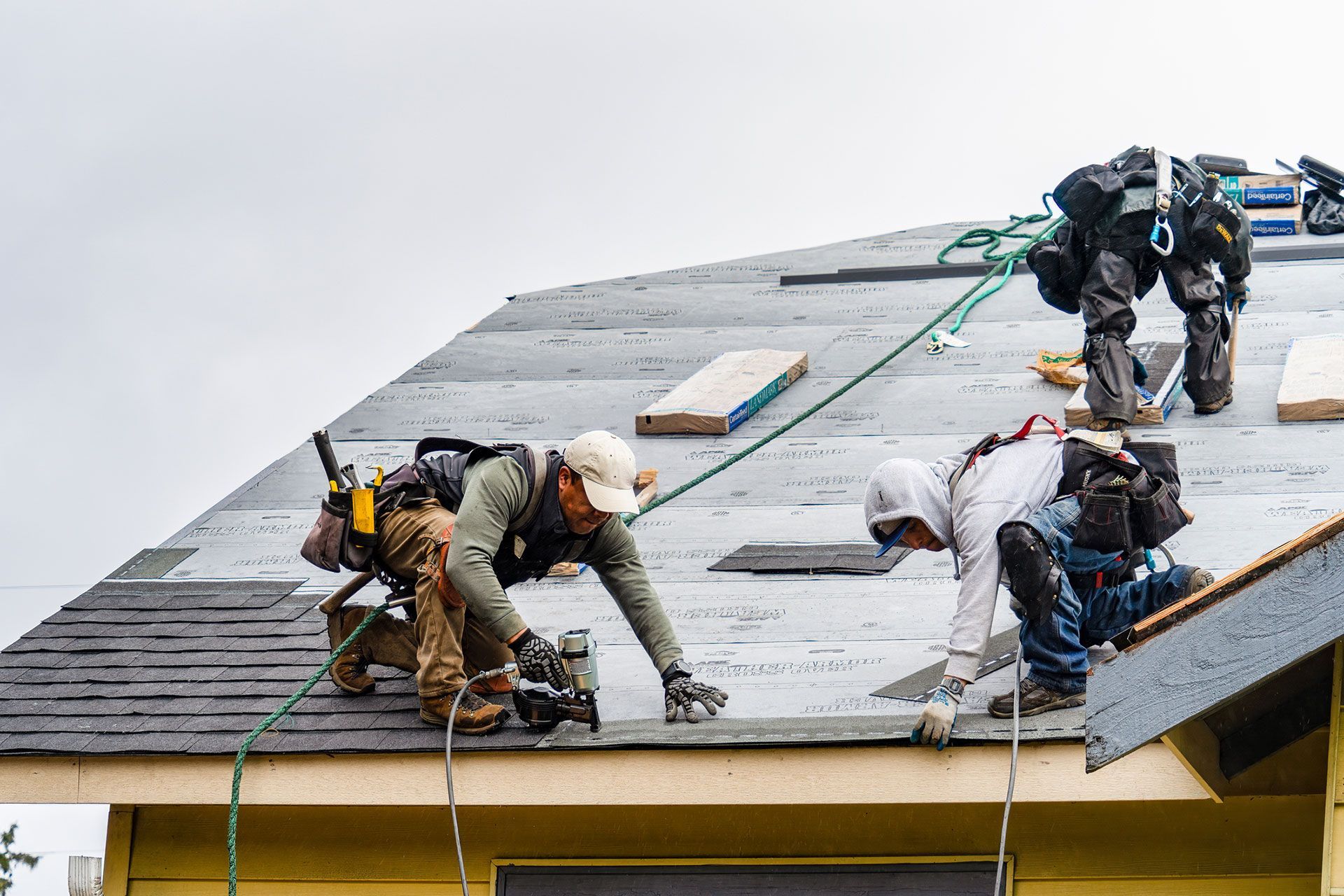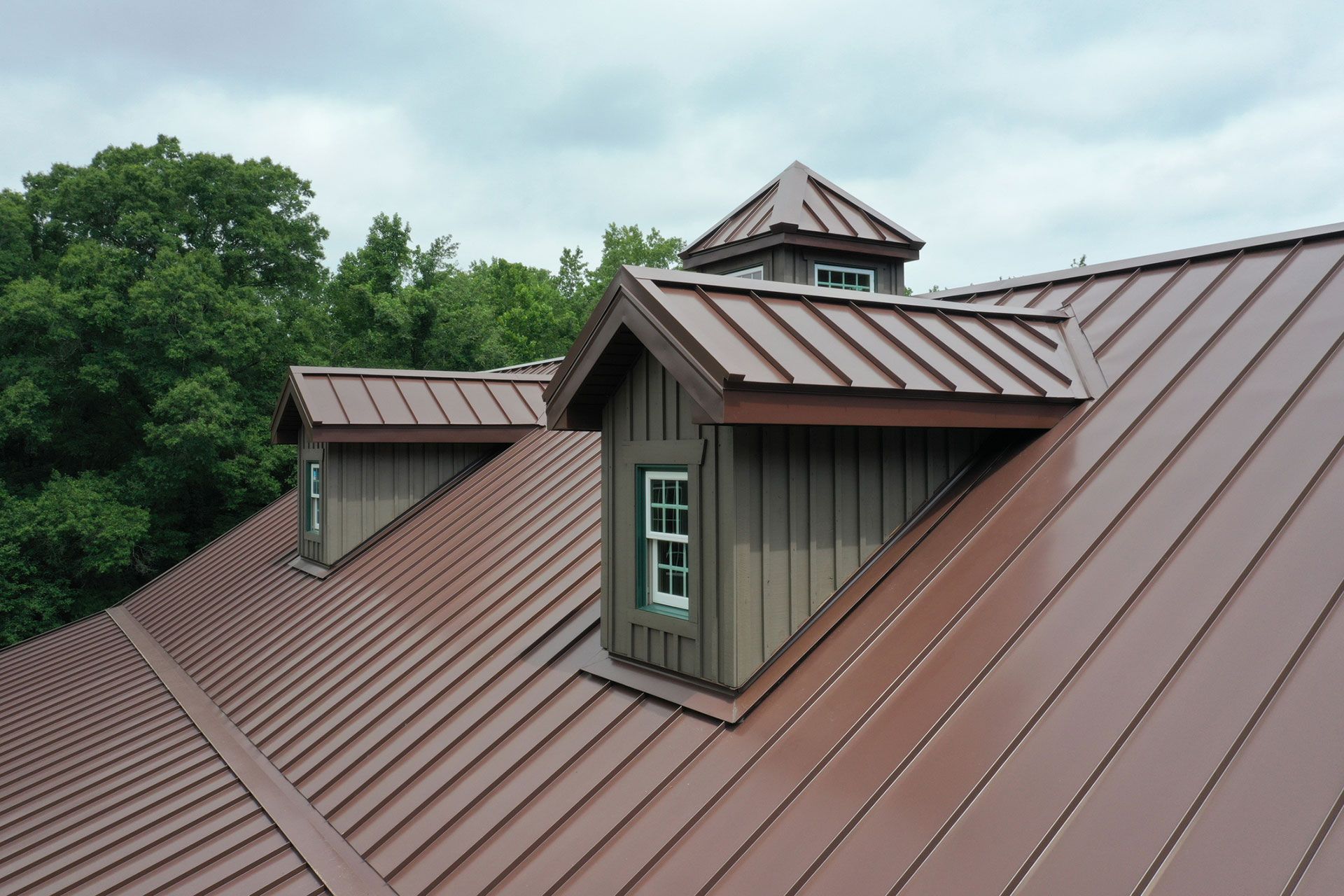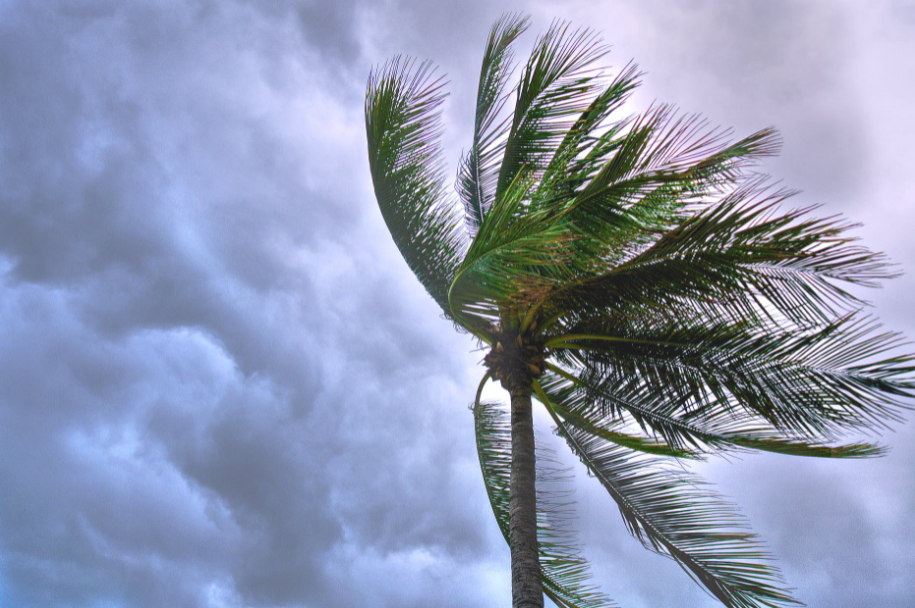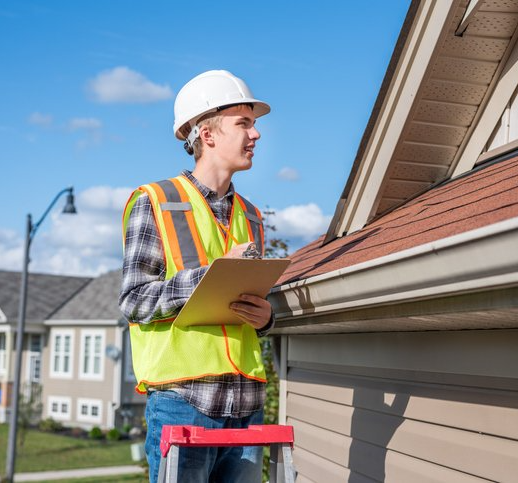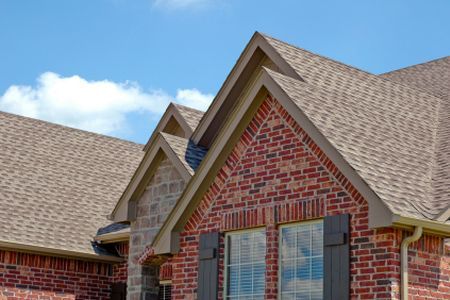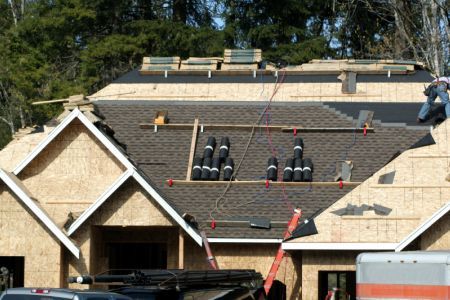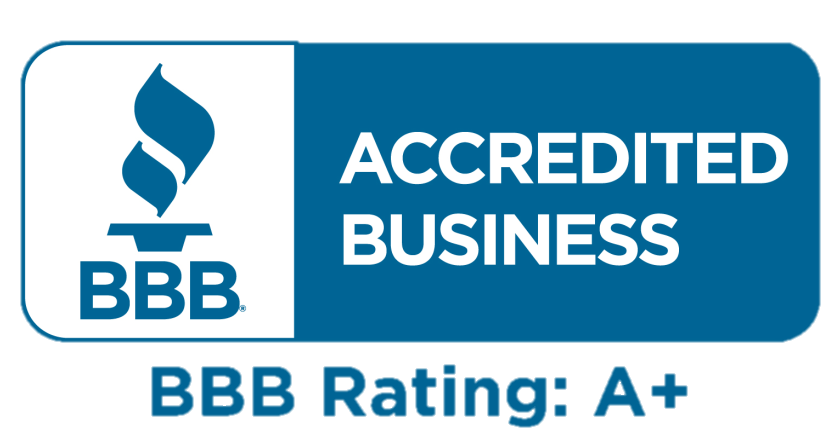What To Know About Roof Inspections
lemaster • March 16, 2020
What To Know About Roof Inspections
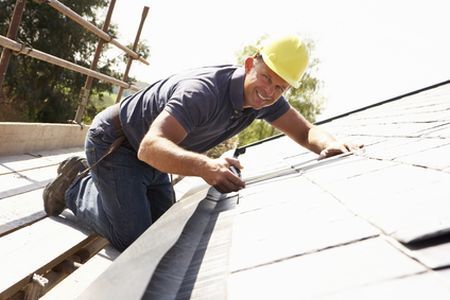
As a homeowner who's new to owning a roof, the first thing to know about roof inspections is how important they are. Even a seasoned roof owner will have trouble with detecting problems early, which is exactly what a professional roof inspection is meant to accomplish. By finding trouble early enough, the leak is stopped early and you can save a significant amount in water damage repairs later.
Secondly, you'll want to know that a roof inspection is performed by an experienced master roofer who also holds a roof inspector certificate. They've received additional training to perform the inspection and met all the requirements of becoming certified.
Some other things you'll want to know about roof inspections are below.
Recognizing Wind Damage to Roof Shingles
Since the most common type of rooftop is the asphalt shingle, we'll use them for an example. Asphalt shingles don't weigh much, so a roof inspection will most often uncover wind damage. When wind can get up under a shingle, it can pull it upward, lifting it away from the nails. This movement can either tear the shingle slightly, pull it completely off the roof, or just cause a crack.
Unless you've been trained to know what to look for, recognizing wind damage on a roof isn't easy. This is why getting a yearly inspection is a good idea, especially for those who live in areas like Pensacola and Pace where high winds and storms are frequent.
Inspecting The Roof for Hail Damage
Another part of the inspection will be to uncover any previous hail damage. Hail can cause tiny little tears in the outermost layer of an asphalt shingle, or it can cause huge dents and tears. The smaller, hairline cracks are the most difficult to detect. However, a certified inspector will have no trouble recognizing all signs of hail damage, whether the roof is made of asphalt, metal, tile, or some other material.
When To Get Roof Inspections
Recognizing signs of water damage as soon as it happens is going to help you save on costly repairs later. Leaks often turn into expensive repairs if they're not spotted early. This is why the National Roofing Contractors Association recommends to have one done every spring and fall season. Here in Pensacola, it's also important to do after every severe storm.
The inspector inspects everything in the attic or crawl space, including the insulation, roof ventilation system, the trusses, tie-downs, structural integrity, roof decking, and everything else. Every aspect of the outside of the roof is also inspected.
You'll receive a detailed report on their findings along with any restorative repair cost details. This report can be used if you needed to file an insurance claim after storm damage, but it also gives you the information you need about the current condition of your roof and what to expect out of it over the next several years.
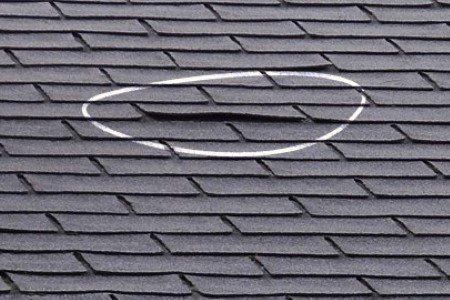
Getting as much information as possible about how to identify problems with your asphalt shingles will lead you to make the right decision about when to repair or replace it. Don't hesitate to learn what you can about your roof, especially since it's such a vital element that protects the rest of your house.
